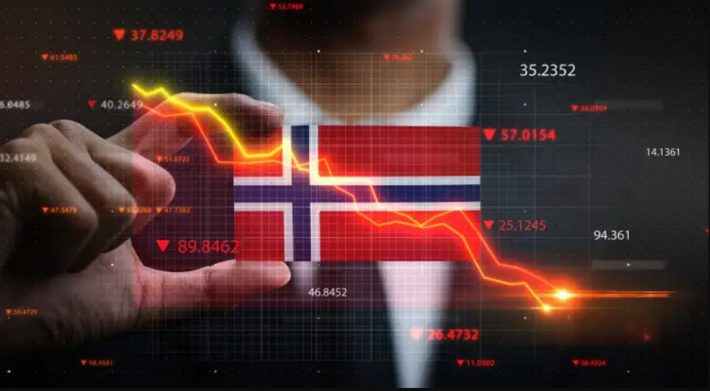Norway’s finance chief Jens Stoltenberg orders a review of Israeli holdings in the world’s largest sovereign wealth fund but rejects sweeping divestment amid political heat over Gaza conflict.
OSLO — Norway’s $2 trillion sovereign wealth fund — the largest in the world — is set to put its vast portfolio of Israeli investments under the microscope, Finance Minister Jens Stoltenberg announced Friday, but stopped short of a total pullout despite mounting political pressure over the war in Gaza and Israel’s presence in Judea and Samaria.
Following an intense series of meetings with fund officials, Stoltenberg revealed that a formal review will be unveiled Tuesday. The move comes amid heightened ethical scrutiny after revelations that the fund has holdings in Bet Shemesh Engines Ltd., a key maintenance contractor for Israel’s fighter jets.
“What can be addressed swiftly, must be addressed swiftly,” Stoltenberg said, while making clear that “a wholesale divestment because they are Israeli companies would not be the right approach.”
Billions at Stake
As of the end of 2024, the fund’s stake in 65 Israeli companies was worth $1.95 billion, spread across sectors from banking to technology. In recent years, it has already exited positions in an Israeli energy giant and a telecom operator. Norway’s ethics watchdog is also reviewing stakes in five Israeli banks.
Despite calls from some lawmakers for a full withdrawal from firms operating in “occupied Palestinian territories,” parliament in June voted down such a measure. Still, the fund — governed by strict ethical guidelines set by Norway’s parliament — has blacklisted 11 Israeli companies, most recently petrol station chain Paz and telecom provider Bezeq.
Election Year Tensions
With national elections looming on September 8, the Bet Shemesh revelations have ignited a fiery political debate in Oslo. The finance ministry is also weighing whether to keep using three Israeli external portfolio managers tied to the fund’s investments.
Norway has previously coordinated with Ireland and Spain in pledging recognition of a Palestinian state, framing it as a step toward a two-state solution. In May, Ireland, Spain, Slovenia, and Malta announced joint plans to pursue such recognition, arguing it was essential for “lasting peace.”
Stoltenberg’s review signals a shift toward heightened scrutiny — but also a balancing act, as Norway’s government resists activist demands for an outright financial boycott while still applying targeted pressure on Israel-linked firms.





